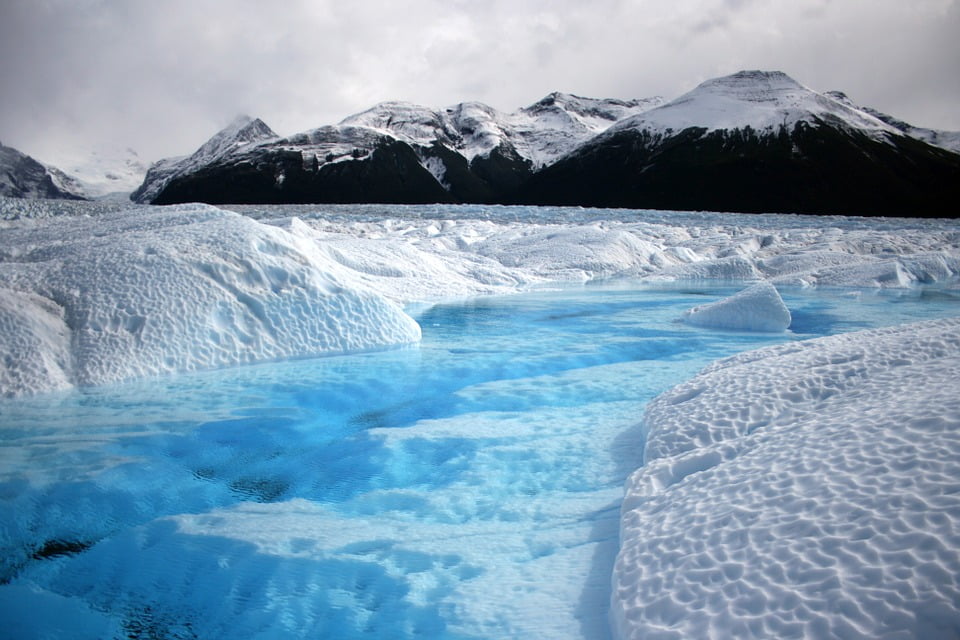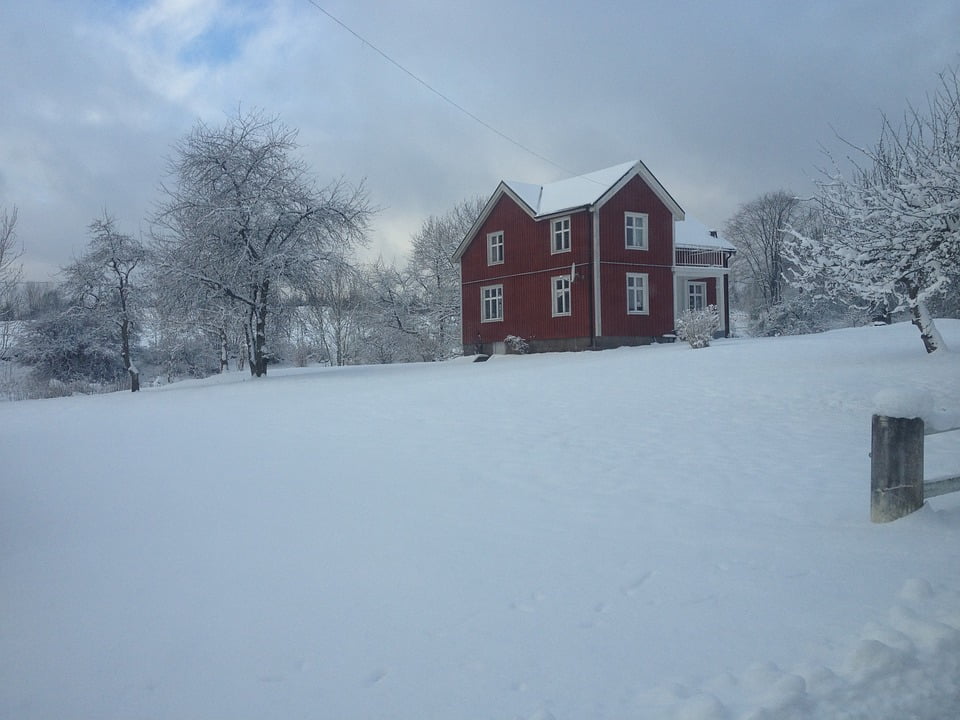We’ve all told ourselves to “keep our cool” or “not get overheated” at some point or another, but can simply looking at a photograph of a cold, wintery scene do the trick?
Researchers at Israel’s Ben-Gurion University (BGU) have demonstrated that the perception of cold temperatures elicits greater cognitive control, even from a photo.
SEE ALSO: New Device Destroys Breast Tumors With Extreme Cold
Cognitive control allows your mind to override your impulses and helps you make decisions based on your goals, rather than your habits or reactions. Cognitive control enables you to make choices that maximize your long-term best interests. For example, when a person is very hungry and sees a sandwich but does not eat it, they are exhibiting cognitive control.
Measuring the effects of the perceived temperature
Metaphorical phrases like “coldly calculating,” “heated response,” and “cool-headed” actually have some scientific validity, according to lead researcher Dr. Idit Shalev of BGU. “Previous research has focused on the actual effect of temperature on the psychological phenomenon known as ‘cognitive control,’ but this is the first time we were able to measure the effects of perceived temperature,” she said in a statement.
The study, entitled Keep it Cool: Temperature Priming Effect on Cognitive Control Research, was recently published in the journal Psychological Research.
Sign up for our free weekly newsletter
SubscribeImagining yourself in a cold climate
In the study, Shalev and her team of researchers conducted two experiments. In the first, 87 students performed an “anti-saccade task” (saccade is a rapid movement of the eye between fixation points), which requires looking in the opposite direction of a moving object and measures cognitive control.
In the second experiment, 28 female students were asked to perform the same anti-saccade task, but this time were asked to physically imagine themselves in a picture of winter scenery, a temperature-neutral concrete street or a sunny landscape depicted as the background image in the test.
“The results indicated that those viewing the cold landscape did better, and that even without a physical trigger, cognitive control can be activated through conceptual processes alone,” Shalev says.
The researchers also examine the possibility that there is a common explanation for the relation of temperature and cognitive control with social proximity. “While warmth signaling promotes a relaxed attitude, cool signals alertness and a possible need for greater cognitive control,” the study concludes.
Photos: Ben-Gurion University, Pixabay
Related posts

Israeli Medical Technologies That Could Change The World

Rehabilitation Nation: Israeli Innovation On Road To Healing







Facebook comments